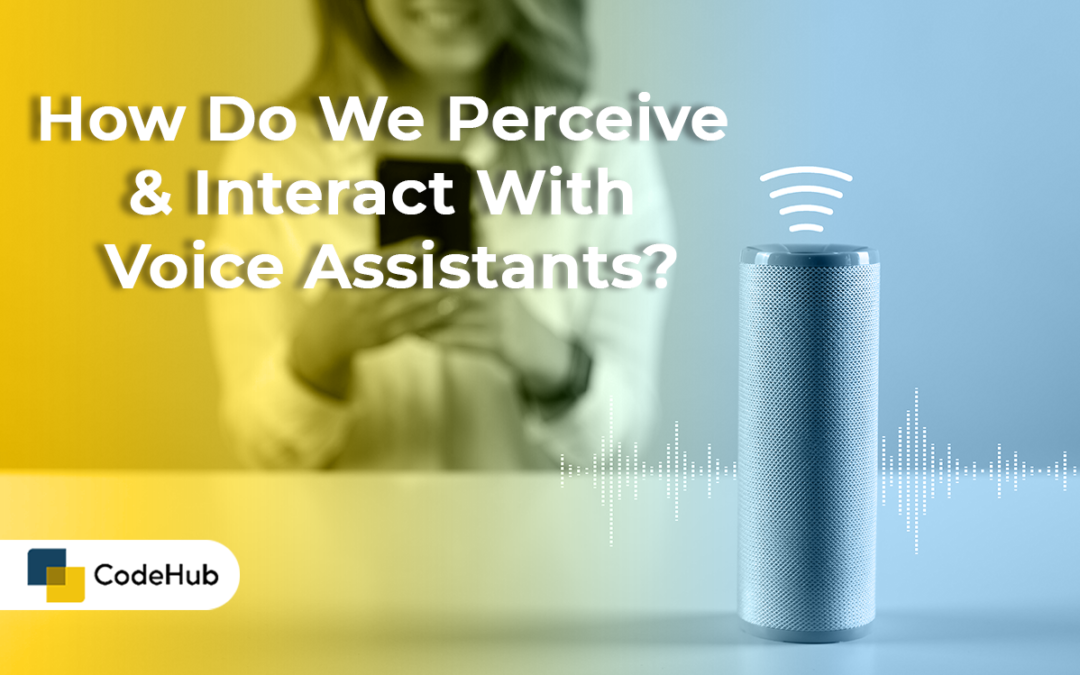Voice assistants are not just tools that we use to accomplish tasks. They are also social agents that we communicate with using natural language. Therefore, the way we perceive and interact with voice assistants is influenced by many factors, such as the voice quality, personality, emotion, gender, accent, and body of the voice assistant.
According to a meta-synthesis study by researchers from Tokyo Institute of Technology and RIKEN, these factors can affect how we trust, like, enjoy, and empathize with voice assistants. For example, they found that users tend to prefer voice assistants that have a human-like voice over a robotic one. They also found that users tend to prefer voice assistants that match their own gender, personality, and emotion. However, these preferences may vary depending on the context and task at hand.
Another important factor that influences our interaction with voice assistants is the conversational style. Voice assistants can use different strategies to engage us in a dialogue, such as asking questions, providing feedback, expressing humor, showing empathy, and adapting to our preferences. These strategies can affect how we perceive the intelligence, competence, friendliness, and helpfulness of voice assistants. They can also affect how satisfied, engaged, and loyal we are with voice assistants.
What are the challenges and opportunities for voice assistant design and development?
Voice assistants are still evolving and improving. They face many challenges in terms of accuracy, reliability, security, privacy, ethics, and social impact. For example,
- Voice assistants may not always understand or respond correctly to our commands or queries due to noise interference, speech recognition errors, or lack of context awareness.
- Voice assistants may not always protect our personal data or respect our privacy preferences due to data breaches, unauthorized access, or unwanted recording.
- Voice assistants may not always behave ethically or socially appropriately due to bias, manipulation, or deception.
These challenges pose serious risks and concerns for users and society. Therefore, it is crucial to design and develop voice assistants that can ensure quality, security, privacy, ethics, and social responsibility.
On the other hand, voice assistants also offer many opportunities for innovation and creativity. They can enable new ways of interacting with computers and technology that are more natural, intuitive, accessible, and engaging. They can also enable new applications and services that can enhance our productivity, entertainment, education, health care, and well-being. For example,
- Voice assistants can help us control smart home devices, smart car systems, or smart wearable gadgets using voice commands.
- Voice assistants can help us access information or entertainment content from the web, podcasts, or streaming services using voice queries.
- Voice assistants can help us learn new skills or languages, play games or trivia, or meditate or relax using voice interactions.
These opportunities show the potential of voice assistants to enrich our lives and experiences. Therefore, it is important to design and develop voice assistants that can provide value, utility, and enjoyment.
What is the future of voice assistants and human-computer interaction?
Voice assistants are changing the way we interact with computers and technology. They are becoming more ubiquitous, intelligent, and personalized. They are also becoming more conversational, emotional, and social.
I believe that the future of voice assistants will be shaped by three main trends:
- Multimodality: Voice assistants will not only use voice as the input and output modality but also integrate other modalities such as touch, gesture, vision, and haptics. This will allow us to interact with voice assistants in more flexible, diverse, and expressive ways.
- Collaboration: Voice assistants will not only act as individual agents but also collaborate with other agents, devices, and humans. This will allow us to interact with voice assistants in more complex, dynamic, and cooperative scenarios.
- Empowerment: Voice assistants will not only serve as assistants but also empower us as users, creators, and learners. This will allow us to interact with voice assistants in more meaningful, creative, and transformative ways.
These trends will create new challenges and opportunities for voice assistant design and development. They will also create new experiences and outcomes for voice assistant users and society.
Conclusion
Voice assistants are an exciting and promising technology that have a significant impact on human-computer interaction. They offer many benefits and possibilities for users and society, but they also pose many risks and concerns. Therefore, it is essential to understand how we perceive and interact with voice assistants, and how we can design and develop voice assistants that can meet our needs and expectations.
I hope you enjoyed reading this blog post. If you have any comments, questions, or feedback, please feel free to share them with me. Thank you for your attention and interest.

